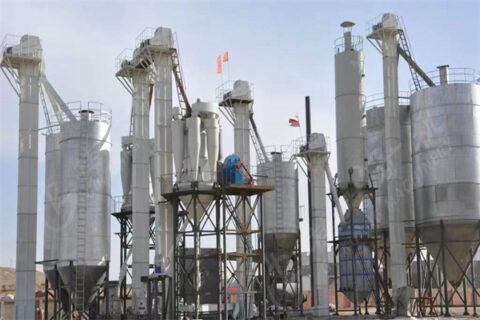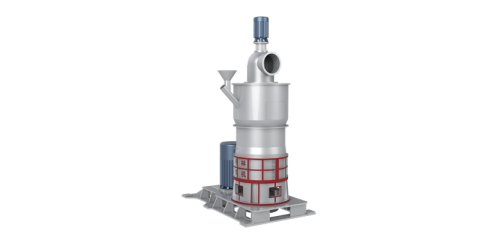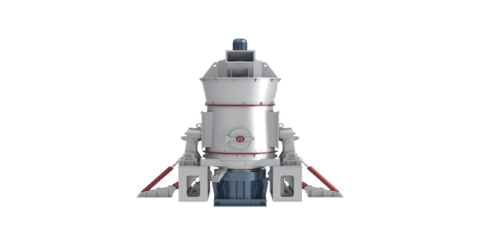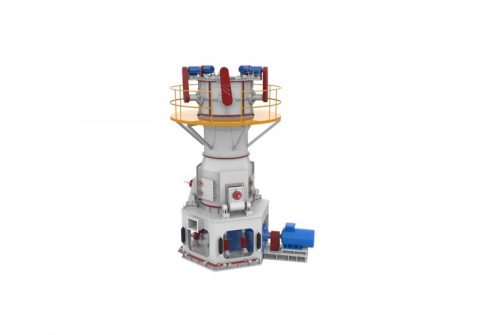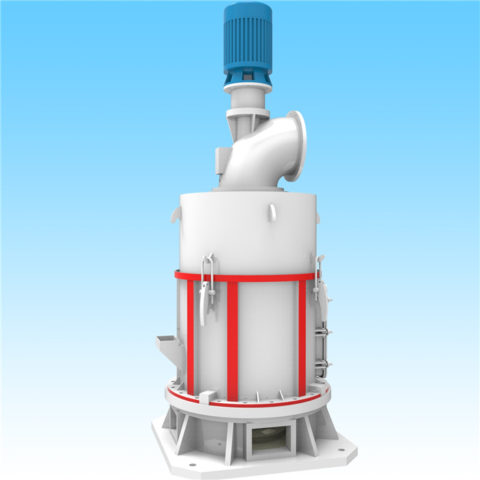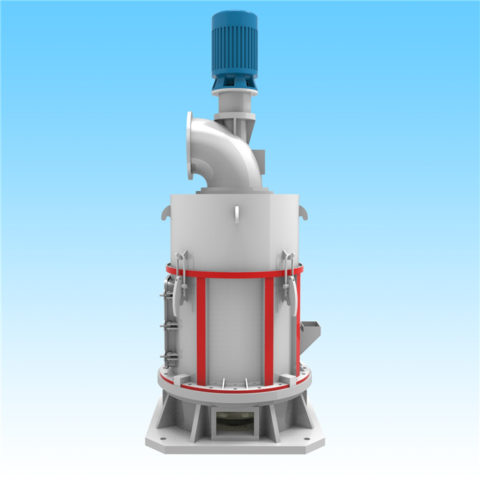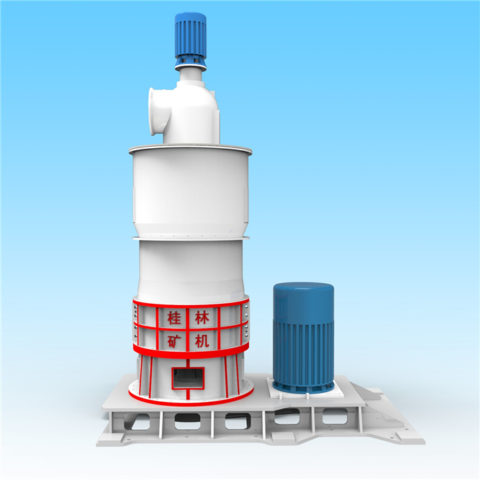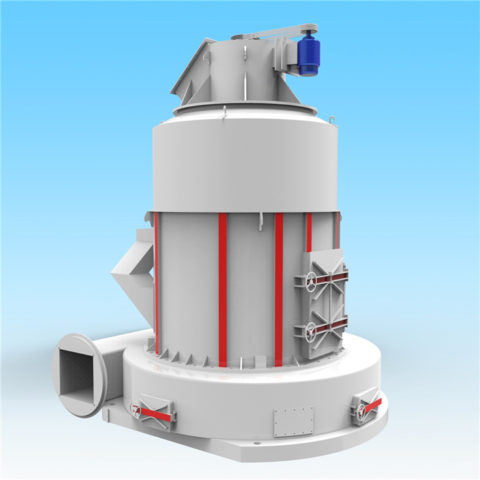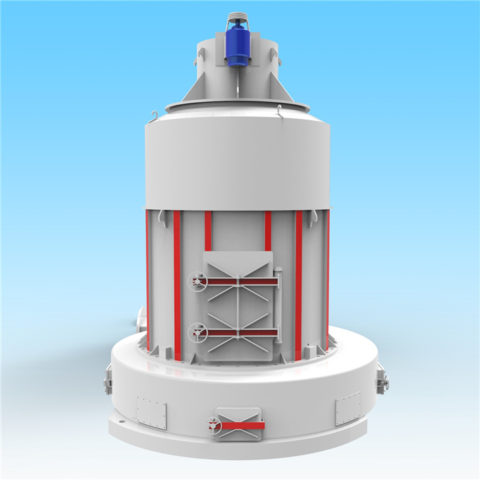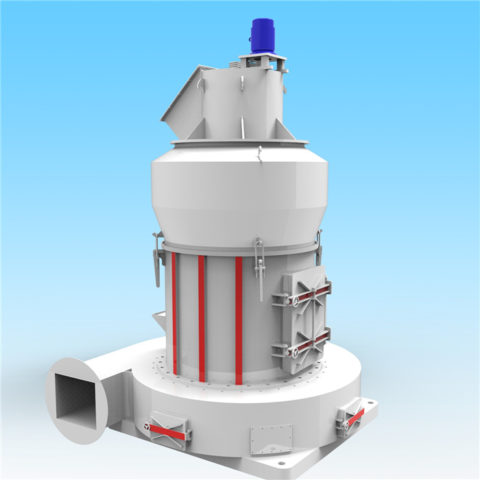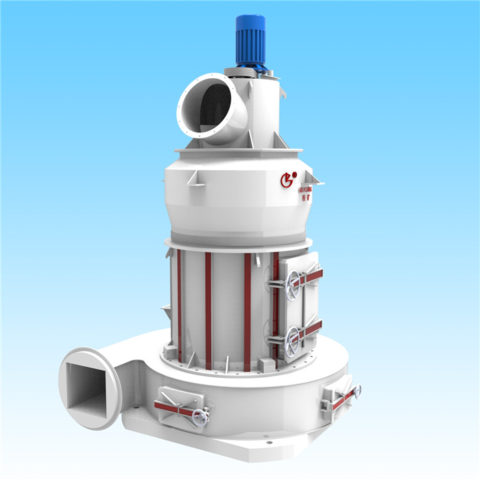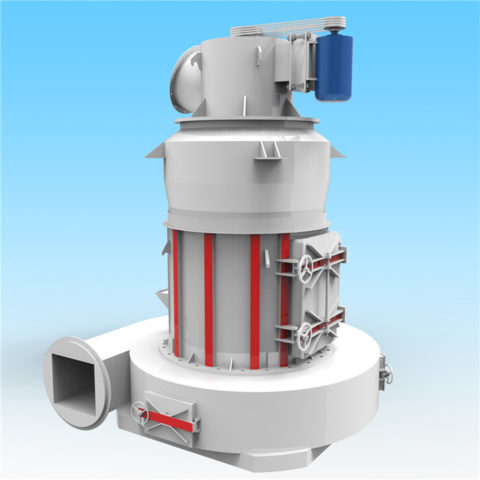Natural zeolite is a very new non-metallic mineral resource in various countries. It is more and more widely used in the treatment of “three wastes” because of its excellent adsorption and ion exchange performance. At present, there are 13 minerals or subspecies of zeolite that have been found, including clinoptilolite, mordenite, rhombite, analcime, schistosite, etc
Zeolite powder is ground from natural zeolite rock and its color is light green and white. It can remove 95% ammonia nitrogen in the water, purify the water quality and alleviate the phenomenon of water transfer.
Properties and applications of zeolites
Zeolite powder is generally ground from natural zeolite rock. The main components are silicon oxide (60-65%), aluminum oxide (10-15%), calcium oxide (2-3%), magnesium oxide (2-3%), composed of SiO2, Al2O3, H2O, alkali metal and alkaline earth metal ions. Among them, silica tetrahedron and alumina tetrahedron constitute the three-dimensional framework structure of zeolite. The loose and easy replacement of alkali metal, alkaline earth metal and water molecules makes zeolite powder have special application properties – adsorption, ion exchange, etc.
Zeolite has the functions of adsorption and ion transformation, and because each zeolite has its specific uniform pore size (0.3 ~ 1nm), it can only pass through molecules of corresponding size. It is widely used as catalyst or carrier, desiccant, feed additive, soil conditioner, sewage purification agent, plastic and papermaking filler, seawater potassium extraction, etc. And widely used in cement production.
Natural zeolite powder contains high-purity silicate. Its composition is the same as that of 4A zeolite. It has a loose, porous structure and high whiteness. Can be applied to:
1. Zeolite powder is used in the washing industry as the raw material of soap, toilet soap, transparent soap, whitening soap, washing cream and washing powder to improve the appearance quality of products, improve the washing effect and reduce the production cost.
2. Zeolite powder is used in the plastic industry, and can be used in stabilizer, engineering plastics, polymer materials and other products to play the functions of auxiliary thermal stability, adsorption, flame retardant and smoke suppression.
3. Zeolite powder is used in the coating industry to disperse, fill, etc. it is used in buildings, fill, enhance hardness, etc. it is used in cement to increase the stability of cement and increase the tensile and compressive strength. It has become a good active admixture of cement.
4. Used in the rubber industry for reinforcement
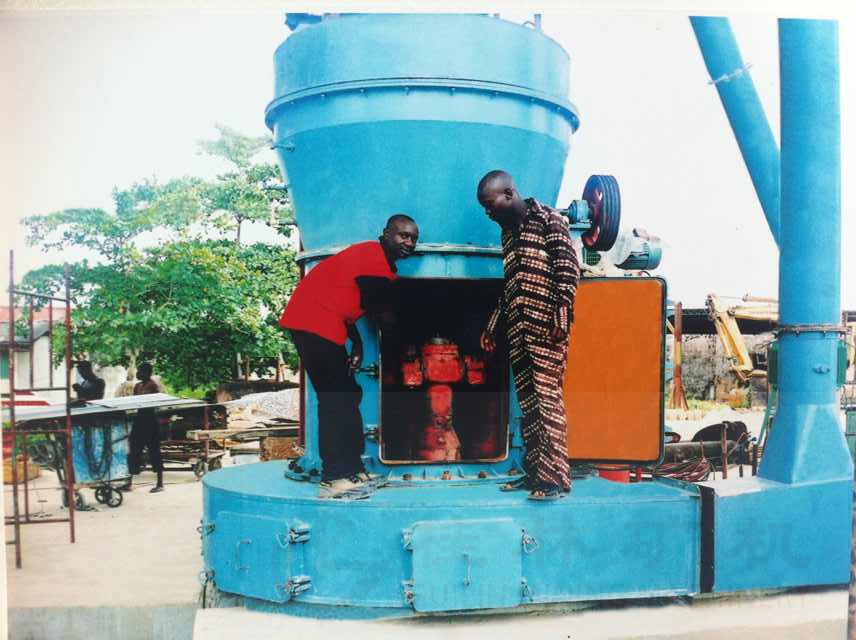
1. Zeolite Raymond mill
Zeolite Raymond mill also known as grinding mill is suitable for processing various non-lammable and non-explosive mineral materials with Moh’s hardness less than 6 and humidity less than 6%.
Coconut shell activated carbon Raymond mill
Zeolite Raymond mill
Max feeding size: 35mm
Discharge fineness: 0.613-0.033mm
Capacity: 0.2-50 t/h
Range of application: Barite, quartz, feldspar, mica, calcite, talc, apatite, gypsum, fluorite, limestone, dolomite, diatomite, ceramic soil, clay, marble, granite, fly ash, kaolin, calcium carbonate, slag, bauxite, glass, etc.
Applicable material hardness: Mohs hardness is less than 6.
Applicable to material humidity: less than 6%
Performance characteristics:
1.Ertical structure, so it has small footprint, strong system.
2.Compared with other mills, Raymond Mill has high passing rate – 99%.
3.Adjustable particle size:80-325mesh
4.The main drive device of Raymond mill adopts airtight gear box and belt pulley, the transmission is stable and the operation is reliable.
5.Important components are made of high quality castings and profiles, ensuring the durability of the whole equipment.
6.The centralized control is used in the electric system, the mill can basically realize unmanned operation, and the maintenance is convenient.

